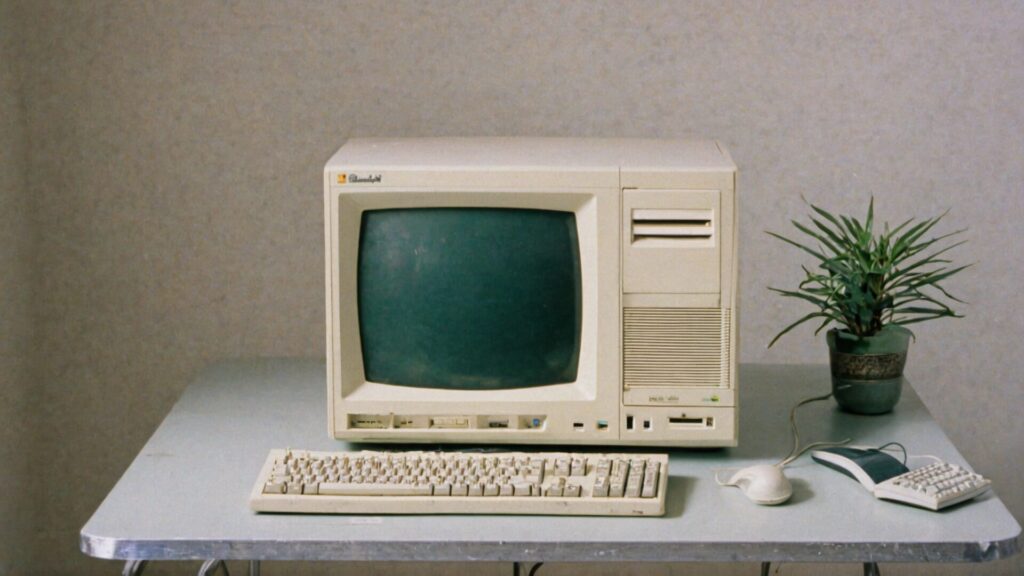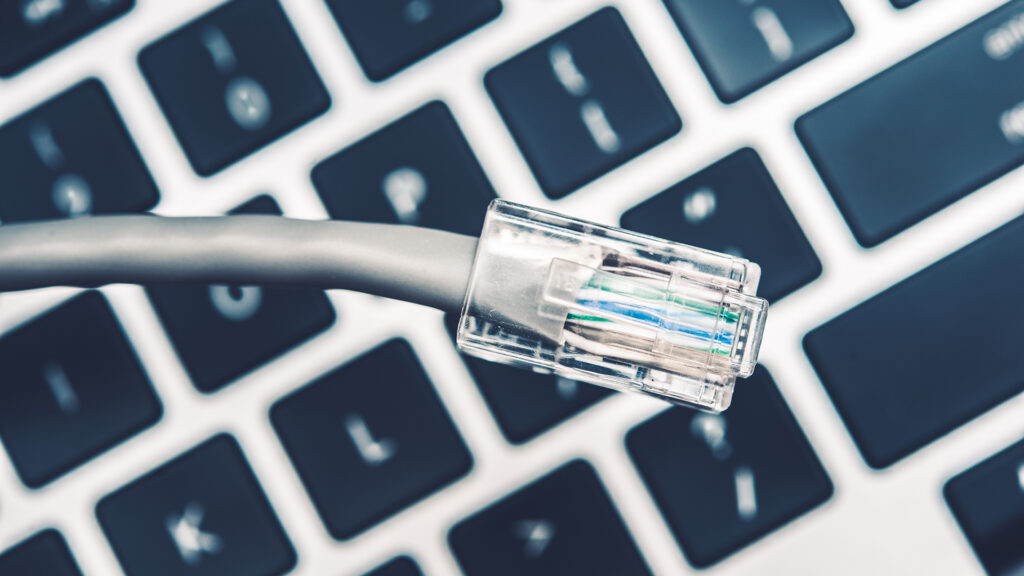
AOL, stylized as Aol., is an American web portal and online service provider based in New York City. It was once a major internet service provider (ISP) but has since shifted its focus to content and advertising.
How it started.

AOL’s roots can be traced back to 1985, when it was founded as Quantum Computer Services by Steve Case and Jim Kimsey. The company initially offered dial-up internet access and online services like email, chat rooms, and news.

In the late 1990s and early 2000s, AOL was the world’s largest internet service provider. It was known for its catchy advertising slogans, such as “You’ve Got Mail!” and its free CD-ROMs that gave people easy access to the internet.
The rise of broadband internet and competition from other providers led to a decline in AOL’s subscriber base in the late 2000s. The company merged with Time Warner in 2000 and later spun off as a separate company in 2009.
The internet for the average person.

AOL played a significant role in the early development of the internet. It made the internet accessible to millions of people who had never used it before and helped to popularize online activities like email, chat, and news. However, the company also faced criticism for its aggressive marketing tactics and its high prices.

Here are some interesting facts about AOL. AOL was the first company to offer unlimited internet access for a flat monthly fee. AOL’s instant messaging service, AIM, was once the most popular messaging platform in the world. AOL was the subject of the 1998 movie “You’ve Got Mail,” starring Tom Hanks and Meg Ryan.
Today.

Today, AOL is a subsidiary of Yahoo, which is itself owned by Verizon. The company focuses on content and advertising, with popular websites like HuffPost, TechCrunch, and Engadget. And to this day, AOL still offers dial-up internet access and email services.
To read more stories like this click here.


